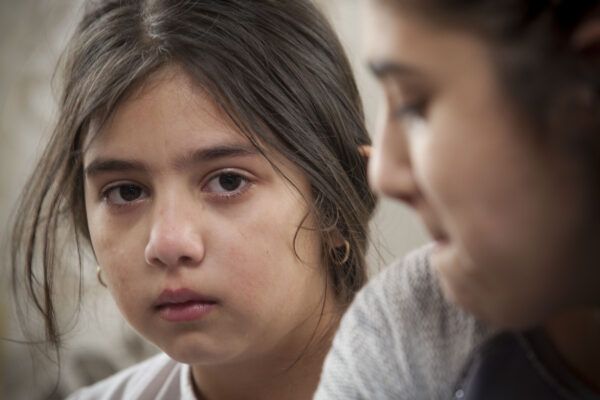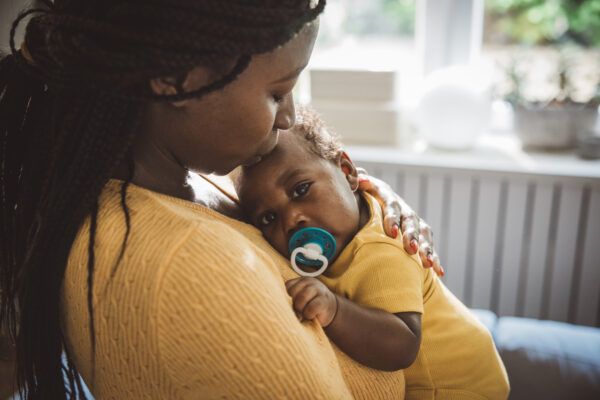Ghana experienced an episode of intense dust storms in February 2023. In Accra, the atmosphere was filled with dust particles that clouded people’s vision. “This is not the usual harmattan,” many remarked.
Soon there were media reports of increasing air pollution levels in Accra, on account of the dust and various human activities. Although an unpleasant experience, the public discourse on air pollution and its harmful effects sparked by the dust storms was welcomed by researchers, policy makers, and environmental campaigners, who have long been worried over poor air quality’s contribution to deaths and disease. Currently, air pollution contributes to over 7 million premature deaths globally, with 2,8000 of these deaths occurring in Ghana (according to the WHO).
The general lack of awareness about air pollution coupled with prevailing barriers to adopting better habits makes some people in Ghana feel caught up in the limitations of their local environments, with little room for escape. Understanding economic growth, urbanisation, energy use, youth demographic transition, technology adoption and civic participation is key to correctly analysing air pollution dynamics and developing appropriate solutions.
Poor air quality = inequality
Research shows that people in low-income neighbourhoods in Accra are disproportionately affected by air pollution. Despite a policy shift to cleaner cooking solutions, people in these communities still use cheaper solid fuels for most of their cooking. In addition, the lack of affordable waste management services means that open waste burning, which releases noxious gases and particulate matter into the atmosphere, is the norm. These neighbourhoods also have many untarred roads constantly releasing dust particles into the atmosphere.
Clearly, existing inequalities put some people at greater risk to air pollution, which in turn exacerbates these same inequalities. For example, a person exposed to road dust in their community, without access to municipal services, may also be forced to use wood or charcoal regularly for cooking, and fall sick from exposure to air pollutants. Since a sick person cannot work, their income – some of which will be used to access health services – may be affected. This is notwithstanding the long term health consequences of being in an unhealthy environment. Young people are thought to be disproportionately affected due to their low-income status and low political influence.
Harnessing the power of young voices
But all is not lost. Ghana’s youth, access to education and information through the internet, and an active civic space can be leveraged to bring greater public awareness to air pollution, promote positive behaviour change, and advocate for implementing existing policies and by-laws to ensure clean air for all. Through the ‘Galvanising Youth Advocacy to Tackle Air Pollution Project’, supported by the Clean Air Fund, GhanaThink Foundation is building a movement of young leaders focused on ensuring the enforcement of air pollution laws, regulations, and by-laws by raising citizens’ awareness of clean air issues and holding leaders to account through online and offline action.
The campaign is bringing young leaders in contact with subject matter experts called ‘Air Quality Champions’ through breakout sessions organised during GhanaThink’s BarCamp Ghana programmes and online events. GhanaThink will further train and work with youth advocates as either community champions or social media influencers to lead the charge. They will raise awareness of air pollution among their networks and in their communities, while engaging wider civil society and decision makers. The campaign is bringing attention to existing solutions and good practices to reduce air pollution.
With greater public awareness of air pollution and the need to improve air quality for all, the next step could be partnerships with existing and future initiatives enabling youth innovations to holistically and sustainably address air pollution. Some of the opportunities include waste management and recycling programmes, air pollution monitoring, data-driven advocacy and policy engagement, and new product development including air filters, alternative cooking fuels, and digital platforms. Intergenerational, interdisciplinary and intersectoral collaborations can solve an intersectional problem.
For now, the challenge is to make a silent and invisible issue more prominent in the public discourse. Next time Ghana experiences unusual dust storms, young campaigners will be ready to call for possible solutions.

